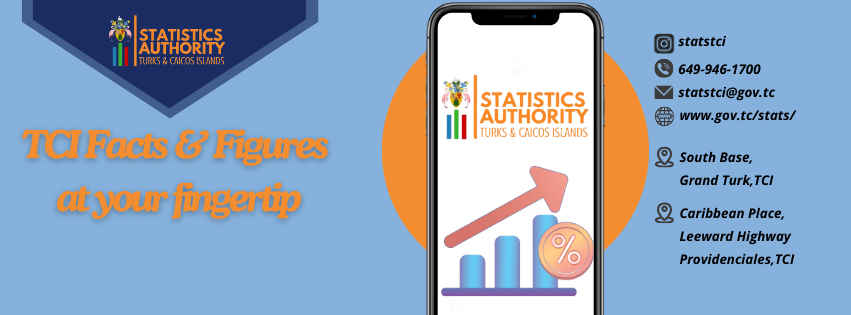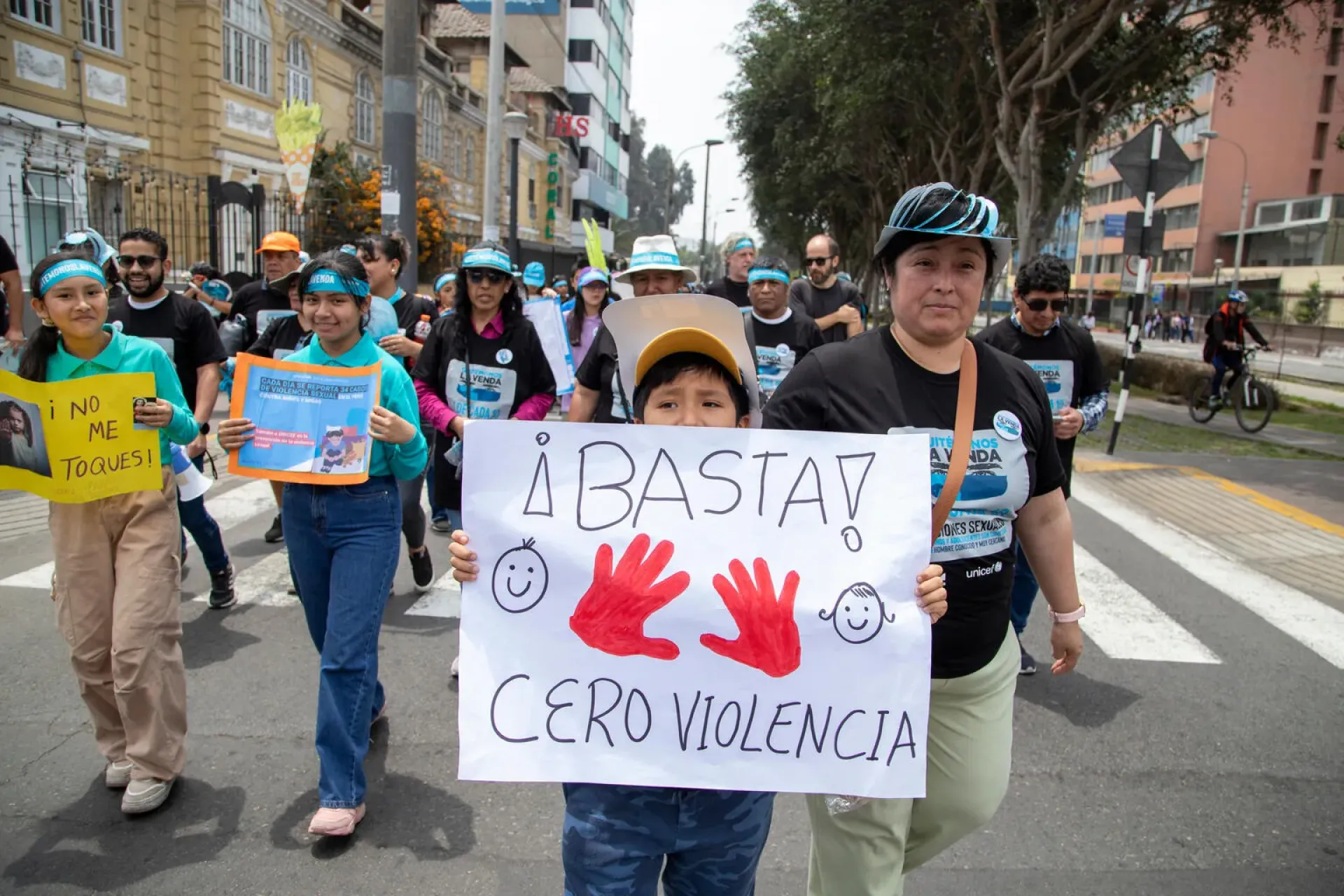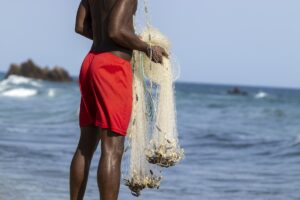#TurksandCaicos, February 6, 2018 – Providenciales – In observance of World Cancer Day marked on February 4, 2018, Oncology Specialist Nurse at Turks and Caicos Islands Hospital, Gemma Williams-Watson answered some common cancer questions. For educational purposes, these questions and answers are simplified below.
- What is cancer?
Cancer is when cells in the body divide and grow in an uncontrolled manner. These cells then form lumps or tumors. Cancer can spread to other areas of the body and therefore early detection and treatment is essential to cure.
- What causes cancer?
We can’t say what causes cancer but we do know many risk factors or lifestyle choices that can increase your risk of getting cancer. By minimizing or eliminating these factors you can then decrease your risk.
For instance, we know smoking, lack of exercise and obesity, and a poor diet are all risk factors for cancer. We also know that if you have a strong family history of cancer it can increase your own risk. This is a risk that is uncontrollable so it is even more important to make a conscious effort to decrease your risks and attend regular screening.
- How is cancer diagnosed?
Different cancers are diagnosed in different ways, and therefore a range of screening techniques are recommended. Screening is designed to detect cancer at its earliest stage, and then further testing is done to understand the individual’s cancer in more detail.
Screening methods include mammograms, colonoscopies, pap smears and certain blood tests.
If a tumor is identified following a screening then further tests must be performed such as a tissue biopsy and scan to give the doctor additional information.
- How is cancer treated?
Treatment is specific to the type of cancer and the individual patient. Modes of treatment include surgery, chemotherapy, hormone therapy and radiotherapy, but not all patients will require all of these treatments. The treatment plan is based on the individual patient and their clinical picture. For example, how well the patient is and if he/she has any other health problems. This information is reviewed along with lab reports and scans etc. Treatment is tailored to an individual. This is why not all breast cancer patients will receive exactly the same treatment. There are many different types of breast cancer and each requires a specific treatment plan.
Doctors around the world in the field of Oncology follow international treatment guidelines. These guidelines direct the treatment plan; identify a particular type of surgery or specific drug regimen. The treatment is not solely chosen by the doctor, the decision is directed by these international treatment guidelines.
Cancer treatment is now becoming more personalized due to gene and hormone profile testing, whereas before it was almost ‘one size fits all’. In some cancers these tests can help to identify exactly which drugs will help a particular patient’s type of cancer.
When a treatment decision is being made, many pieces of information must be assessed to build a clinical picture of the patient.
For instance, the scan report, lab report, blood tests and hormone receptors plus the patient’s medical history, current health status and personal preferences are all taken into account. This clinical picture is then compared to the guidelines and a particular treatment plan is decided specific to the patient.
Some of these examples include: every breast cancer patient do not require a mastectomy; every breast cancer patient do not require radiotherapy; Some breast cancer patients will require hormone therapy after they have completed chemotherapy, and some patients will not require any hormone therapy. It is very specific to the individual, which is why patients should not compare themselves to other patients, even if they appear to have the same diagnosis.
- What are the different types of Cancer?
There are more than 100 types of cancer, but some are more common than others. The most common cancers seen in the Turks and Caicos are breast, prostate and colorectal.
- Which type of cancer is most severe?
The majority of cancers, if detected in the early stages, can be treated effectively and are potentially curative. Cancer that is diagnosed in an advanced stage, meaning when it has spread to other organs or parts of the body, makes cure less likely and sometimes not possible at all. In these cases the focus of treatment then shifts from cure to controlling the spread of cancer and increasing a patient’s quality of life. To say one cancer is worse than another is not really possible. All cancers are serious conditions and must be treated quickly to get the best results.

- Can injuries cause cancer?
No, there is no evidence to show that previous injuries can be a direct cause of cancer.
- Can stress cause cancer?
What we do know is that chronic stress or high levels of stress maintained for long periods of time can have an impact on your immune system. For example, you may feel more exhausted and be more susceptible to coughs and colds. We also know that high levels of stress can cause an imbalance in the body’s naturally produced hormones and that some cancers are hormone driven, so this means there is a possible link between the two, but we can’t state that stress directly causes cancer.
- What are the risk factors for cancer?
Some risk factors include smoking, high alcohol intake, lack of exercise and obesity, and poor diet. These risks can be managed and decreased by sensible life choices. Making the right choice and making a concerted effort to ‘live well’ is incredibly important for your own well-being. Also, if you have a strong family history of cancer this can increase your own risk so regular screening and self checks are extremely important.
- Is cancer contagious?
No, cancer is not contagious. Cancer is formed due to a malfunction in cell growth; it is not passed on via bodily fluids or touch.
- Can cancer be prevented?
We’ve spoken about the risks and how to minimize your own cancer risk but unfortunately we are unable to completely prevent it which is why screening and early detection is so important.
-
What are the side effects of cancer treatment?
There are different modes of treatment and each of these have their own possible side effects. Chemotherapy alone has many different potential side effects but not all chemotherapies have the same ones. For instance, not all chemo drugs result in hair loss. Radiotherapy, depending on where the patient’s cancer is located, will result in different side effects because the rays are being aimed at different parts of the body. Before a patient begins any form of treatment, the side effects are discussed so they are able to make an informed decision about commencing treatment.
- Are the symptoms of cancer treatment severe?
All types of treatment have side effects so it is important that the advantages are weighed against the disadvantages before commencing any sort of treatment. It is also important to say that not all patients respond in the same way. For instance, 100 patients with breast cancer could be given the same drug, but each patient will report a different side effect profile. This is because we are all individuals and therefore, patients are all different in how they cope with different situations. Some patients do find the side effects difficult to deal with and when that happens we discuss all possible options available.

-
What happens when cancer goes into remission?
Complete remission means there is no sign of the cancer on physical examination, on a scan or in any other test. Some doctors may use the phrase ‘no evidence of disease’. It is also important to say that remission and cure is not the same thing.
If the cancer is in remission it does not mean the cancer is cured. If the cancer does come back it is usually within 5 years of the original diagnosis. After that 5 year period, if there is still no sign that the cancer has returned, some doctors may say that the patient is then cured.
- Can cancer be cured?
Yes, many cancers can be cured if they are diagnosed early. This is why regular screening is so important. When cancer spreads to other areas of the body it makes it very difficult and often impossible to cure. If people attend screening regularly, tumors can be identified early – this gives the patient the best chance for a positive outcome.
-
Is there a concern for cancer diagnosis in the TCI?
The hospital cancer registry collates data on all patients diagnosed by or referred to the hospital. The trends formed by the data can then help plan care for the future. From this data we found that in 2015 there was a large increase in the number of cancer diagnoses, but since then the annual number of cases diagnosed at the hospital have decreased. In 2016, there was a drop in annual numbers compared to 2015, and again in 2017, there was a decline in the annual number of cases diagnosed compared to 2016.
The number of patients diagnosed with cancer feels high because it is such a small community and for many people these patients may be friends or even relatives so it is understandable that it feels very personal and close to home.
Cancer is certainly in the forefront of everyone’s mind which is good. Cancer is an extremely important disease to be actively aware of as it is increasing globally and we should be making a conscious effort to live healthy and get screening when recommended.
-
Has there been a large number of deaths in the TCI due to cancer?
As we know, a number of patients passed away in 2017 that had been diagnosed with cancer and as a result of this, it was important to review the data about these patients. Upon reviewing the data, some really important related factors were highlighted.
Some of the patients that passed away succumbed to other health issues rather than the cancer. So although the patients did have cancer, that is not why they passed away.
Some patients even at diagnosis have advanced cancer so cure becomes almost impossible. In this group of patients, our aim is to ensure they feel as well possible for as long as possible. We aim to minimize symptoms such as pain or nausea and continue to care for them based on their personal preferences and individual needs.
Another key point to make is that cancer cells are very clever and often stop responding to cancer treatment especially if the patient has an aggressive cancer or they have had a lot of previous cancer treatment. Medical science is providing us with new treatment possibilities every day through research and drug trials, but unfortunately even medical science cannot always offer the cure or answer we would hope for.
We are very lucky in the Turks and Caicos because we have virtually unlimited access to medications whether it’s chemotherapy or supportive treatments. This allows us to offer multiple treatments if these are what the patient require. Some patients do decline treatment due to personal beliefs or concerns; some make a decision between the family that acute medical treatment is not what suits them or their wishes. In these cases, we continue support the patient and offer other forms of assistance and care wherever we can.
Release: interHealth Canada
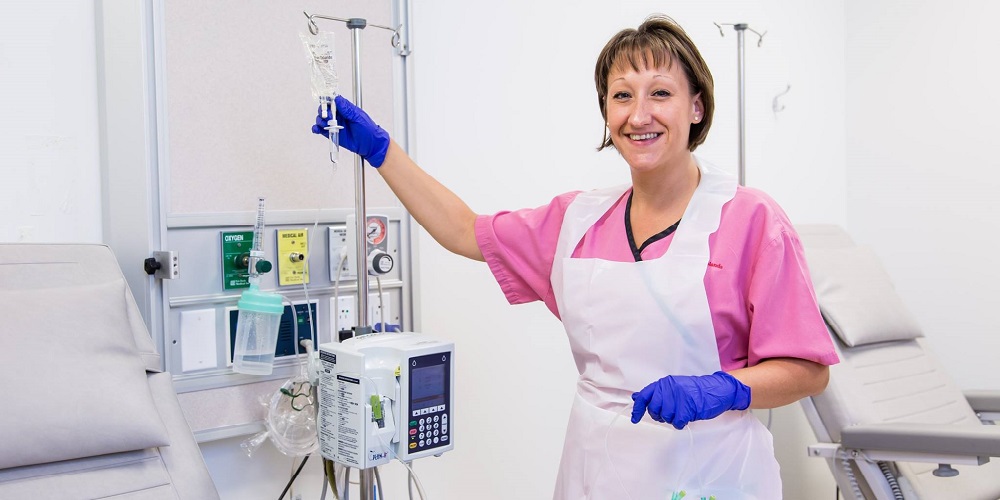

 News3 days ago
News3 days ago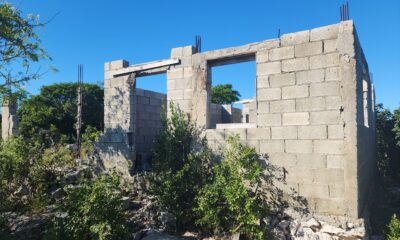
 TCI News1 week ago
TCI News1 week ago
 TCI News5 days ago
TCI News5 days ago


